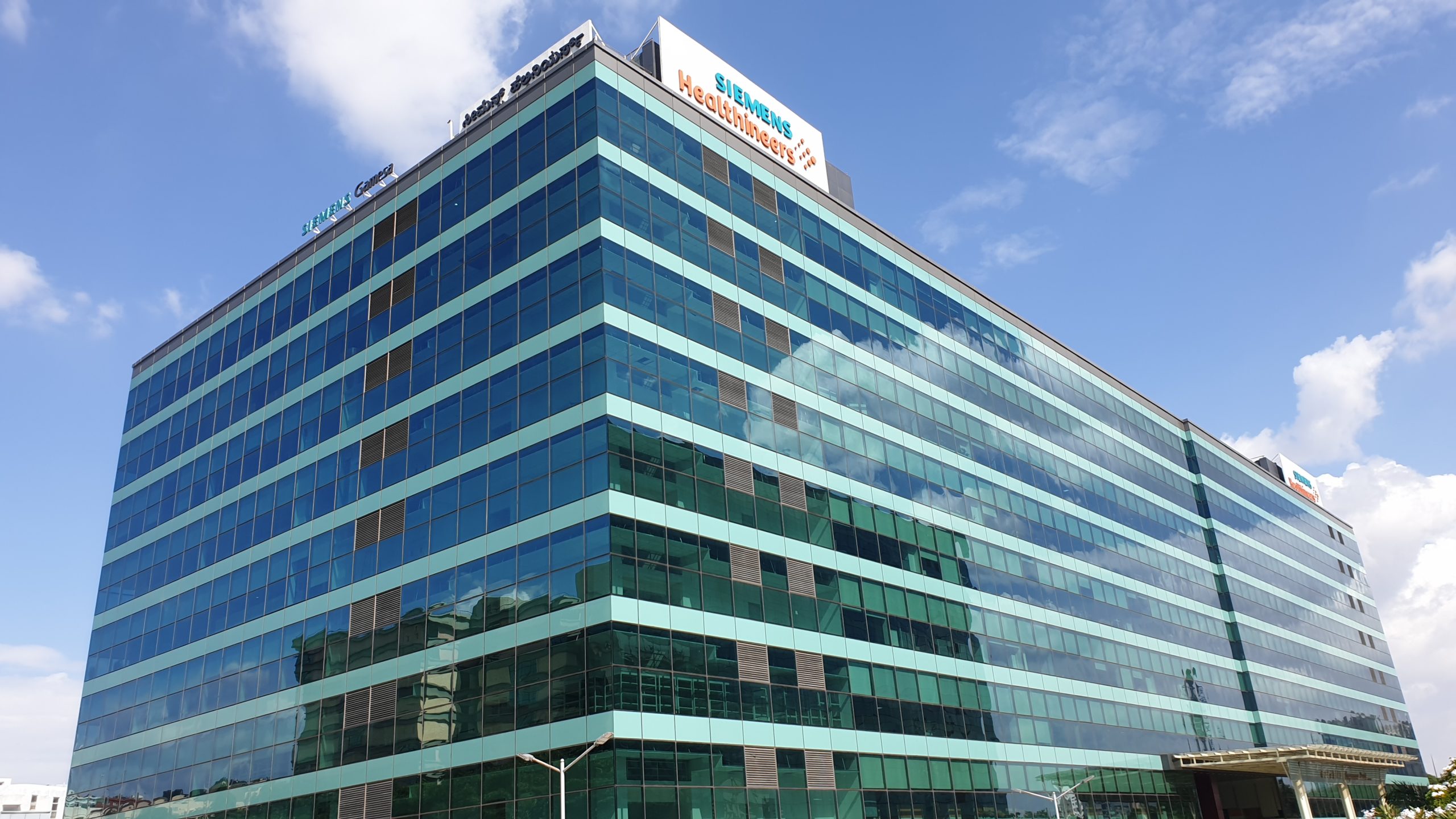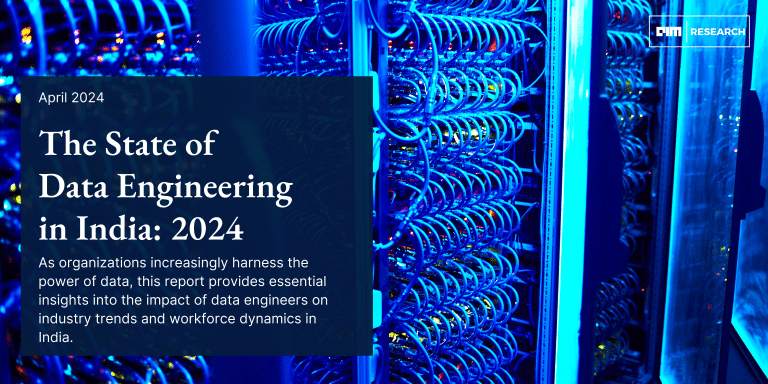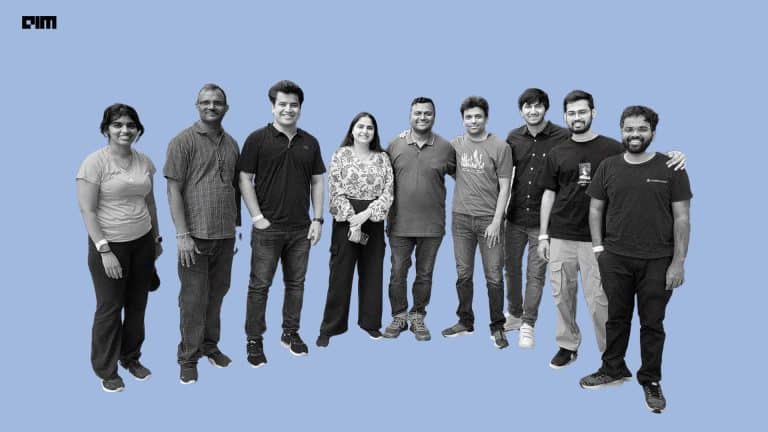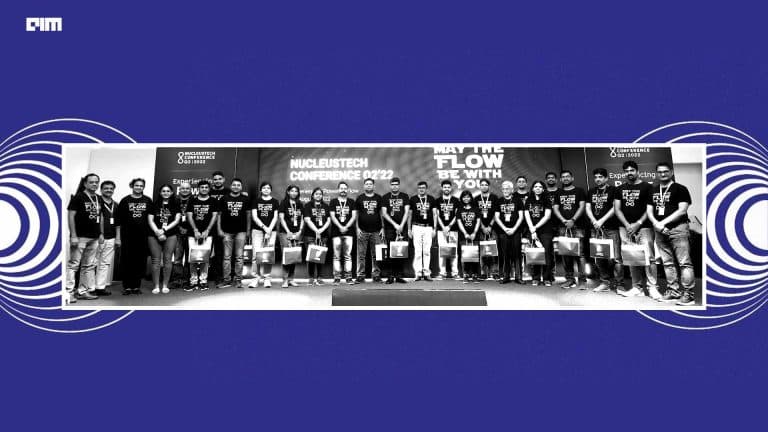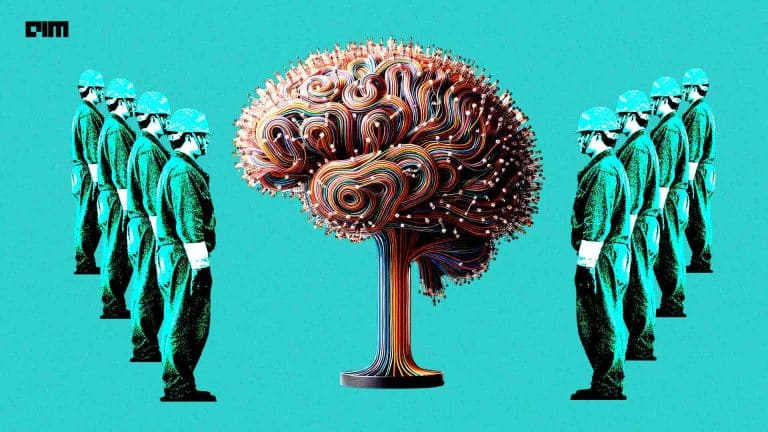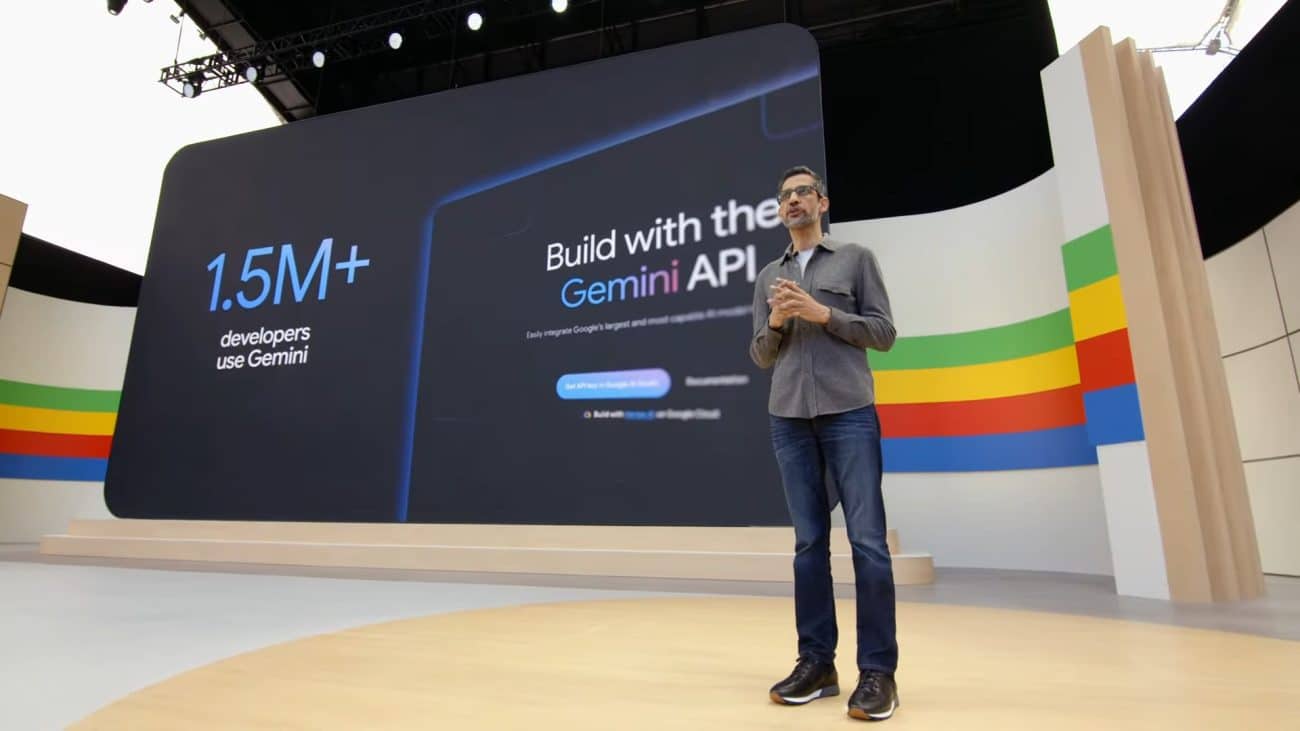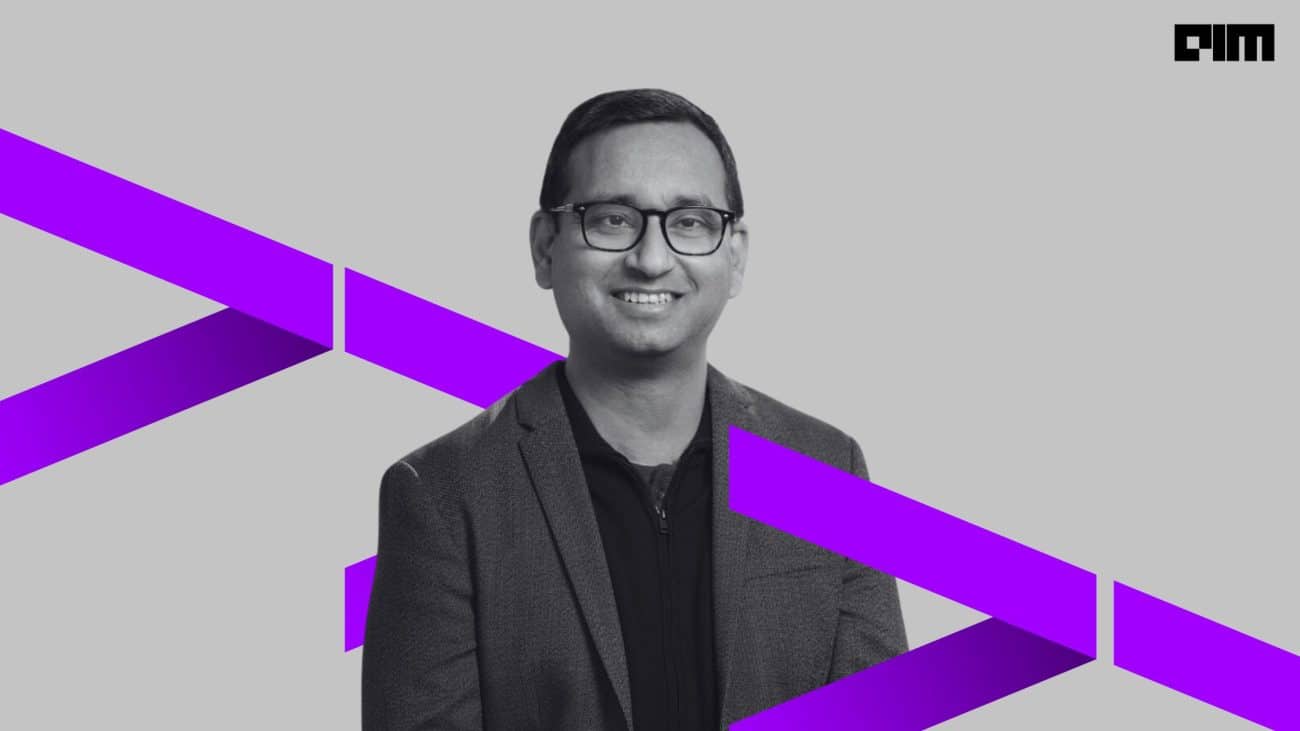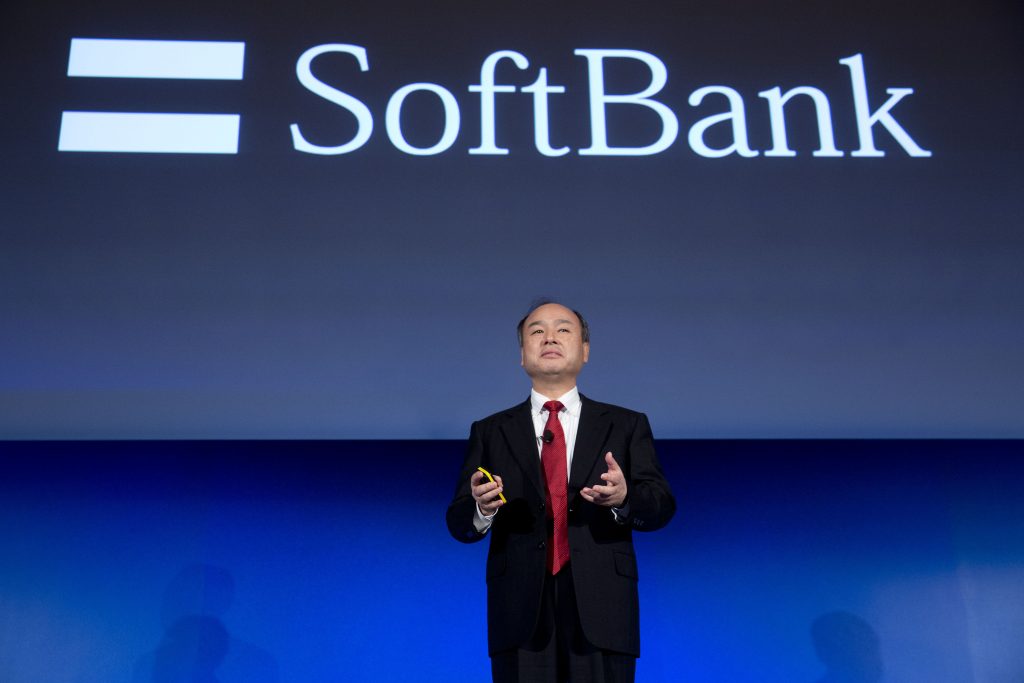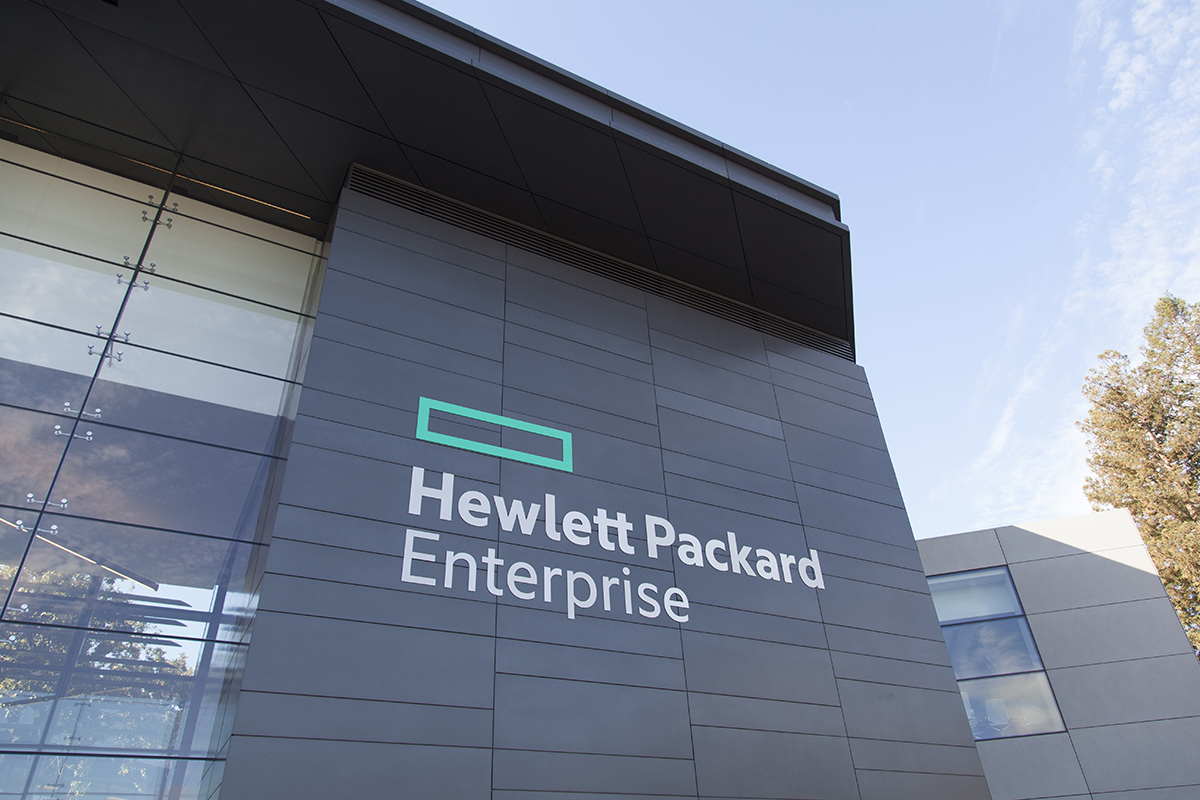The growing popularity of data science jobs has seen a surge in enrolments of related online courses, but practitioners in the field have a word of caution – unless you are exceptionally gifted, acquiring a few certifications will only take you so far.
Data science demands a strong foundation in mathematical concepts and a deep understanding of several core subjects, along with a substantial amount of experience. It is no wonder then that companies, including established multinational Siemens, may face challenges in identifying the right talent to fulfil their growing business needs.
“We have observed that, oftentimes, there is a mismatch between the role assessment versus the actual job expectations,” says Gerd Hoefner, MD and President at Siemens Healthcare. “Hence, we carefully assess their educational qualifications, the relevance their project experience, and the impact of their contributions when hiring for these positions,” he adds.
Let us now understand, in some detail, what the hiring process for data scientists at Siemens Healthineers is.
Ideal Data Science Candidate At Siemens Healthineers
According to the company, an ideal candidate should have a good foundation in probability, statistics and linear algebra – all essentials of data science. They should also carry sufficient experience in solving end-to-end use cases – right from understanding requirements, to the deployment of solutions. Additionally, the candidate should also know the rationale behind the selection of a specific technique and the tools to realise the corresponding solutions.
Siemens also lays a lot of emphasis on the educational background of candidates applying for the role of data scientists at the company.
“We look for candidates who have a strong foundation in mathematical concepts and in-depth knowledge in core subjects of data science,” says Hoefner. “We find that these skills are more prevalent in candidates from tier-1 institutes who have taken courses in data science-related topics,” he adds.
ALSO READ: Why The Data Science Job Market Is Better Positioned For Recession
Furthermore, preference will be given to candidates who have a passion for learning state-of-the-art developments, especially in related digital technologies. Additionally, for senior roles, candidates should have made original contributions or innovations in their past projects.
“We look for recognition by the data science community in terms of accepted papers, patent filings, and so on,” says Hoefner. “Having prior experience in healthcare is an advantage, but this is not a blocker. However, candidates should have a thorough understanding of the system, for which they did the data analytics work,” he adds.
Five-Step Hiring Process
The hiring process for data scientists at Siemens comprises multiple rounds of technical interviews, starting with a telephonic interaction. Here, the company attempts to assess the candidate’s basic understanding in data science, as well as the relevance of their work experience holds against open positions at the company.
This is followed by a thorough evaluation of the candidate’s skills, which include:
- Data science fundamentals
- Analytical and architectural skills, and
- Implementation and deployment expertise
“For the first part, we look at their conceptual understanding of mathematical topics, followed by a focus on the technical skills required for the role and specific project,” says Hoefner. He illustrates with an example, “A candidate may be assessed on ‘time series prediction’ if the project is on machine log analytics. However, for a project related to ‘customer issue analytics’, they would be assessed on NLP techniques.”
The company takes several use cases, and candidates are expected to present a complete solution. With that, they demonstrate relevant skills acquired from their previous projects.
“We expect candidates to explain the rationale behind their design decisions, choice of approaches, and the selection of tools,” says Hoefner. “Lastly, we also focus on other aspects, such as implementation issues, challenges faced, and lessons learned,” he adds.
If candidates progress to the third round, they are assessed on their programming skills, which according to the company, is essential for specific project requirements.
“It is usually a written test based on a selected programming language such as Python, R, and SQL,” says Hoefner. “Following these three rounds, there are two more rounds of interviews to assess behavioural skills as well as ascertain if the candidate is a good cultural fit at Siemens,” he adds.
ALSO READ: What Is More Beneficial To Get Data Science Jobs – Certificates Or Projects?
Data Science Opportunities At Siemens Healthineers
The five-step hiring process elaborated above may seem long, but has been carefully designed by the company to assess the competencies needed for the roles and the candidate’s experience in tackling challenging situations.
Although Siemens heavily relies on connecting with candidates directly using social media networks and job portals, their employee referral program has been known to have a track record of onboarding talented professionals.
“At the entry-level, we also offer internships to students and absorb them based on their performances,” says Hoefner. “We also hire directly from top tier institutions,” he adds.
Following a comprehensive induction program, selected candidates are first given an orientation of the healthcare domain, relevant to the business. Hereon, data scientists get further trained on project-specific data frameworks and tools.
“At Siemens, they get an opportunity to work on data analytics use cases independently,” says Hoefner. “They are required to understand the problem space, explore the data, develop an optimal model/solution, implement, test, and deploy it in the field. We also encourage them to come with novel solutions, file invention disclosures, in line with our innovation focus,” he adds.

